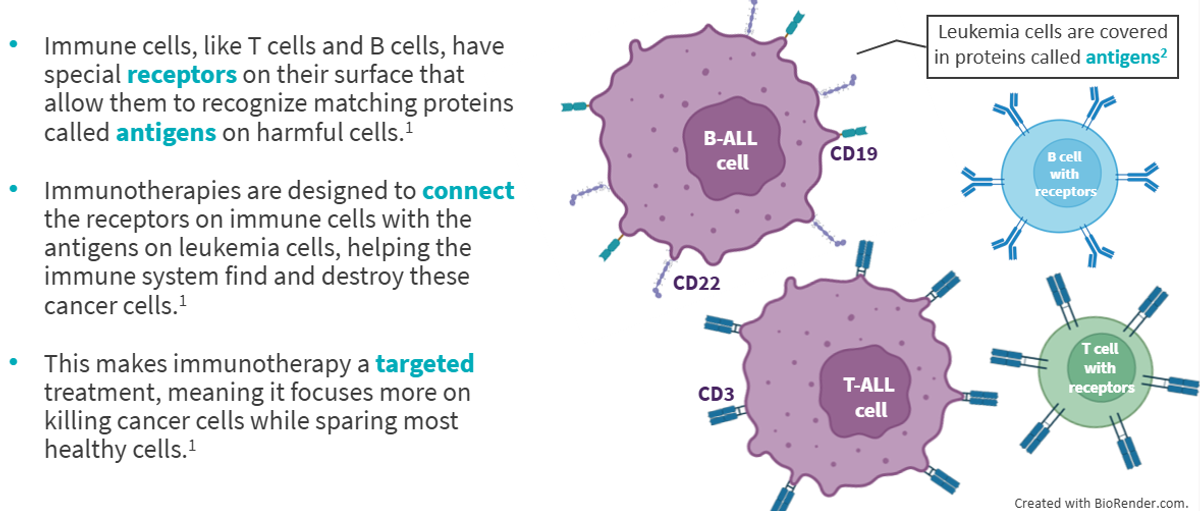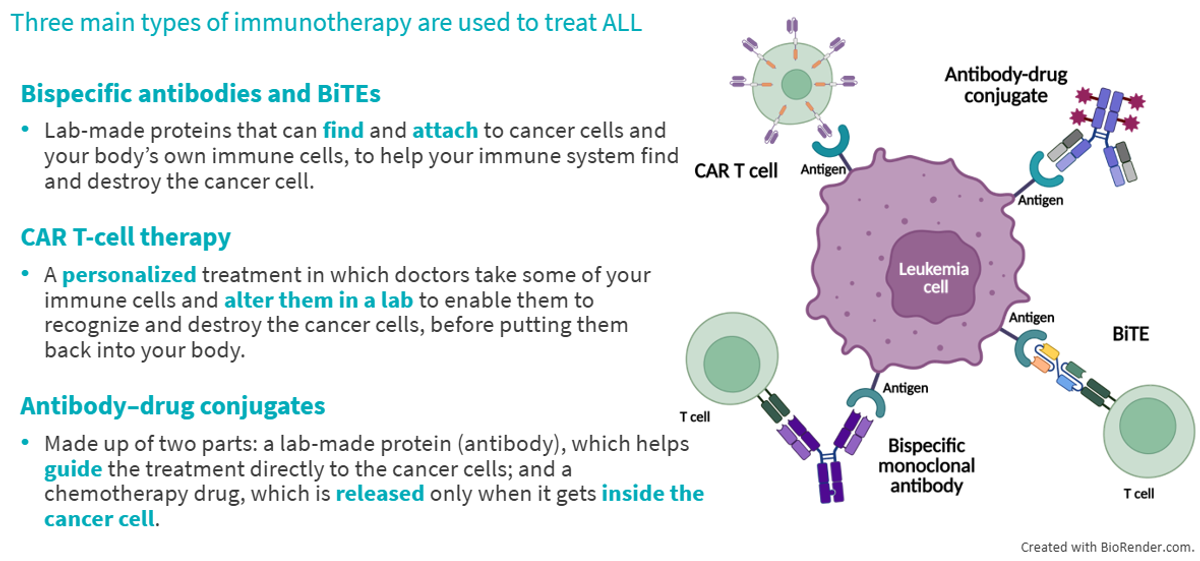The Know ALL website uses a third-party service provided by Google that dynamically translates web content. Translations are machine generated, so they may not be exact or complete; Know ALL cannot guarantee the accuracy of translated content. Know ALL and its employees will not be liable for any direct, indirect, or consequential damages (even if foreseeable) resulting from use of the Google Translate feature. For further support with Google Translate, visit Google Translate Help. The interviews webpage also uses YouTube, where subtitles and translations are generated automatically by AI; please be advised to exercise caution when precise interpretation is required. For further support with YouTube, visit YouTube Help.
Know ALL webinar | What is immunotherapy, and how does it treat ALL?
Charles Mullighan
October 20, 2025
Know ALL hosted a webinar for patients and healthcare professionals (HCPs) on September 22, 2025, titled “Immunotherapy for the treatment of ALL: What you need to know,” in which Jaymz Goodman, Charles Mullighan, Wendy Stock, and Jessica Olson discussed immunotherapy for the treatment of acute lymphoblastic leukemia (ALL).
Dr Mullighan, St. Jude Children’s Research Hospital, Memphis, US, and Know ALL ambassador, gave a talk titled “What is immunotherapy, and how does it treat ALL?”, in which he gave an overview of how the immune system works, and the benefits and side effects of immunotherapies used to treat ALL.
Quick summary
- The immune system protects us against infections (like viruses and bacteria); it recognizes things that don’t belong in the body and remembers them for future defense.
- Leukemia develops from normal blood cells, so the immune system doesn’t always see leukemia cells as “foreign.”
- Immunotherapy is a type of treatment that helps the immune system recognize and attack leukemia and other types of cancer cells (Figure 1).
- Types of immunotherapy available for the treatment of ALL include (Figure 2):
- Bispecific antibodies/bispecific T-cell engagers: Connect cancer cells to immune cells to help the immune system find and destroy the cancer cells.
- CAR T-cell therapy: Patient’s (or donor’s) immune cells are collected, changed in a lab to better recognize cancer cells, then put back into the body to fight the cancer.
- Antibody–drug conjugates: Antibodies are linked to chemotherapy drugs so the drug goes straight to the cancer cells instead of the whole body.
- Immunotherapy is more targeted than chemotherapy, so fewer healthy cells are harmed, and may lead to long-lasting remissions.
- Most immunotherapy-related side effects are manageable with appropriate treatment and when identified early.
- Currently, immunotherapy is mostly used in patients with B-ALL whose leukemia has come back (relapsed) or not responded to standard treatment (refractory disease).
- Research is ongoing to help expand the use of immunotherapy for earlier treatment of B-ALL and for the treatment of T-cell ALL.
Figure 1. What is immunotherapy, and how does it work?

Figure 2. Type of immunotherapy used to treat ALL

This educational resource is independently supported by Amgen. All content was developed by SES in collaboration with an expert steering committee. Funders were allowed no influence on the content of this resource.













































